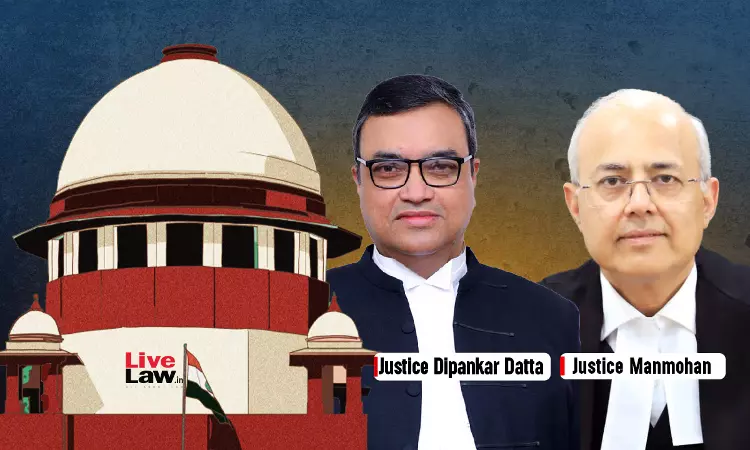S.256 CrPC/S.279 BNSS | Absence Of Complainant Will Not Always Lead To Acquittal Of Accused : Supreme Court
Yash Mittal
1 April 2025 10:05 AM IST

Next Story
1 April 2025 10:05 AM IST
The Supreme Court held that the non-appearance of a complainant will not always result in the acquittal of the accused as per Section 256 of the Code of Criminal Procedure (corresponding to Section 279 of the Bharatiya Nagarik Suraksha Sanhita).The Court interpreted Section 256 Cr.P.C. to mean that acquittal under this section is warranted only when the complainant is absent on the date which...
